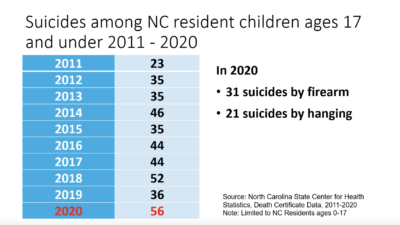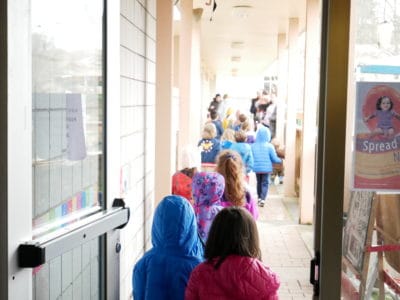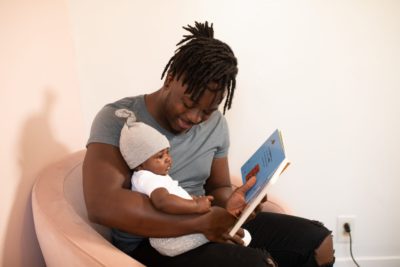
|
|
North Carolina had the 13th-highest infant mortality rate in the country in 2019, at 6.8 deaths in the first year of life per 1,000 births.
National data are not yet available, but the state’s 2020 rate was about the same: 6.9 deaths per 1,000 births. Although the overall rate has fallen by 20% in the past two decades, the disparity in infant deaths between Black and white babies has slightly increased. In 2020, Black babies were 2.67 times more likely to die in the first year of life than white babies.
These are well-known numbers to the members of the Child Fatality Task Force, a group that recommends legislative and administrative changes to the governor and the legislature each year to prevent child death, abuse, and neglect and to support the well-being of children. The numbers were shared again at the task force’s latest meeting Monday.
But this time, they were followed by a potential remedy.
The task force is supporting a request for $250,000 in annual, recurring legislative funds to prevent deaths related to unsafe sleeping environments.
In 2020, unsafe sleep was the third-largest cause of death in babies’ first year, said Erin McClain, assistant director and research associate with the Collaborative for Maternal and Infant Health (CMIH) at UNC-Chapel Hill. Unsafe sleep led to 121 deaths in 2020, and followed deaths from low birth weight/prematurity (152) and birth defects (146).
Unsafe sleep is also a key driver of the state’s racial disparity in infant deaths, McClain said, with Black babies being twice as likely to die from unsafe sleeping environments.
“The vast majority of these deaths are preventable,” McClain said. “Providers, organizations, and communities want to do more to support safe sleep. This funding would help us provide a statewide comprehensive approach to make sleep safer for every North Carolina baby.”
Safe Sleep NC, an initiative from CMIH, operates on an annual budget of $45,000, or 38 cents per baby, providing limited training to organizations and health care professionals and online materials for parents. The initiative is funded by the Division of Public Health in the Department of Health and Human Services, and by a donation from Blue Cross and Blue Shield of North Carolina in 2018.
“Parents often don’t have a way to get super clear information,” McClain said in an interview with EdNC. “… What we’ve found is it really does take lots of different voices singing the same tune. So whether that’s the hospital modeling babies being on their backs in a firm flat surface, whether it’s advice from a pediatrician or a home visitor, parents need support.”
McClain said more funds would allow the initiative to employ a “multi-pronged approach,” providing more intensive training to social service and health care organizations, ensuring birthing facilities are educating families about safe sleep, testing what kinds of education work best for high-risk families, and tailoring educational materials to specific communities.
After a similar approach was implemented in Sacramento County, California, the area saw a 54% decrease in sleep-related deaths among Black infants and a 62% decrease in the county’s racial disparity over three years.
Other states spend more than North Carolina on safe sleep efforts, McClain said, with West Virginia allocating $4.75 per baby. Florida spends about the amount North Carolina does per baby on printing and shipping materials alone, she said. States pull from various funding sources and programs: Medicaid, infant mortality reduction efforts, child maltreatment prevention, and injury prevention.
Local and statewide organizations working with families have asked CMIH for resources and support for safe sleep education. Physicians at Duke University Hospital who have been working on implementing safe sleep education provided a statement on the critical need as well:
“Creating safe sleep environments is a critical aspect to keeping our children safe, especially early on in their childhood. As physicians at Duke Children’s Hospital, we work directly with patients and families and have seen the true lack of resources and education about safe sleep and how this impacts the lives of our patients and families. Due to this, we started the Duke Safe Sleep Taskforce, to start to address this wide-spread issue among our families. We have seen first-hand the power of education and resources to make changes in infant safe-sleep practices, and believe that with continued and expanded state funded prevention efforts we can reduce these tragic infant deaths.”
Go here for more recommendations from the Child Fatality Task Force, here for the slides to Monday’s meeting, and here for more information on safe sleep environments in English, Spanish, and other languages.





